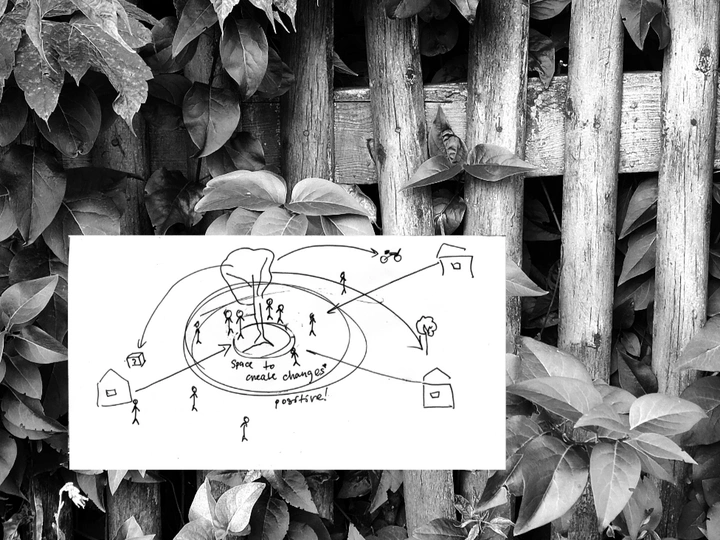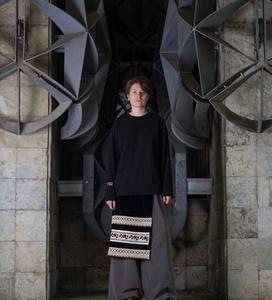KOLO. Informal educational space in rural area

I am an industrial designer with a Bachelor’s degree, School of Form in Warsaw, my thesis focuses on Ukrainian society during and after the war, exploring how design can contribute to social support through ecosystems of care. I work independently and collaborate with other individuals through my own studio, chura.studio.
My interests lie at the intersection of cultural heritage, psychology, and electronics. In my free time, I expand my material knowledge by learning new crafts to enrich my design practice.
Notable achievements include:
1. Finalist at Young Design 2023 with the project FEMO, exhibited in Warsaw and Vienna
2. Participant in SPLOT UA Residency’s team “Rewilding the Night”
3. Winner of the Human Tech Hack 2024 with MoodBuddy, an educational ecosystem for neurodiverse children
4. Exhibitions at Gdynia Design Days, Lodz Festival, Vien Design Week, and the Museum of Warsaw
5. Multiple hackathon prizes and accelerator participation for socially impactful projects
Through my practice, I aim to combine deep research, ethnography, and technology to create design solutions that nurture resilience and social impact in challenging contexts.
Ongoing challenges in Ukraine’s rural regions have weakened community cohesion and disrupted cultural knowledge transmission. Many villages lack public spaces where generations can meet, learn, and share. КОLO proposes a flexible, informal spatial framework supporting creativity, learning, and intergenerational dialogue, addressing urgent social infrastructure needs beyond physical reconstruction.
The concept arose from field research in western and central Ukrainian villages, where schools are under-resourced, cultural clubs abandoned, and youth spend time online or in unstructured limbo. КОLO offers a soft intervention - a flexible structure or spatial constellation adaptable to backyards, school edges, or village squares. It functions as a workshop, outdoor classroom, amphitheater, kitchen, stage, and free play zone.
This project invites collaboration across architecture, design, education, craft, and anthropology. It is a framework, co-designed with locals, built from accessible or reused materials, and adaptable through seasons. It welcomes storytelling, debates, bread-making with elders, or simply quiet reflection.
More than a physical place, КОLО aims to catalyze community empowerment - encouraging villagers to develop their own autonomous cultural spaces. Once a community becomes self-sustaining, the modular КОО structure moves to the next village, seeding new resilient networks.
Beyond material form, КОLО embodies spatial justice and social regeneration. It challenges urban-centered narratives by prioritizing slow time, relational exchange, and care. Its value lies in revitalizing social fabric through architecture as a host for meaningful human interaction.
In the future, КОLО can become a replicable model across Ukraine and Europe - inviting designers, educators, and residents to shape culturally rich spaces supporting healing and continuity.
